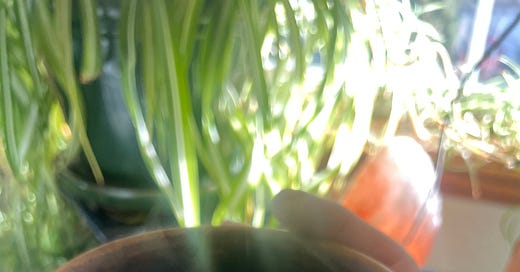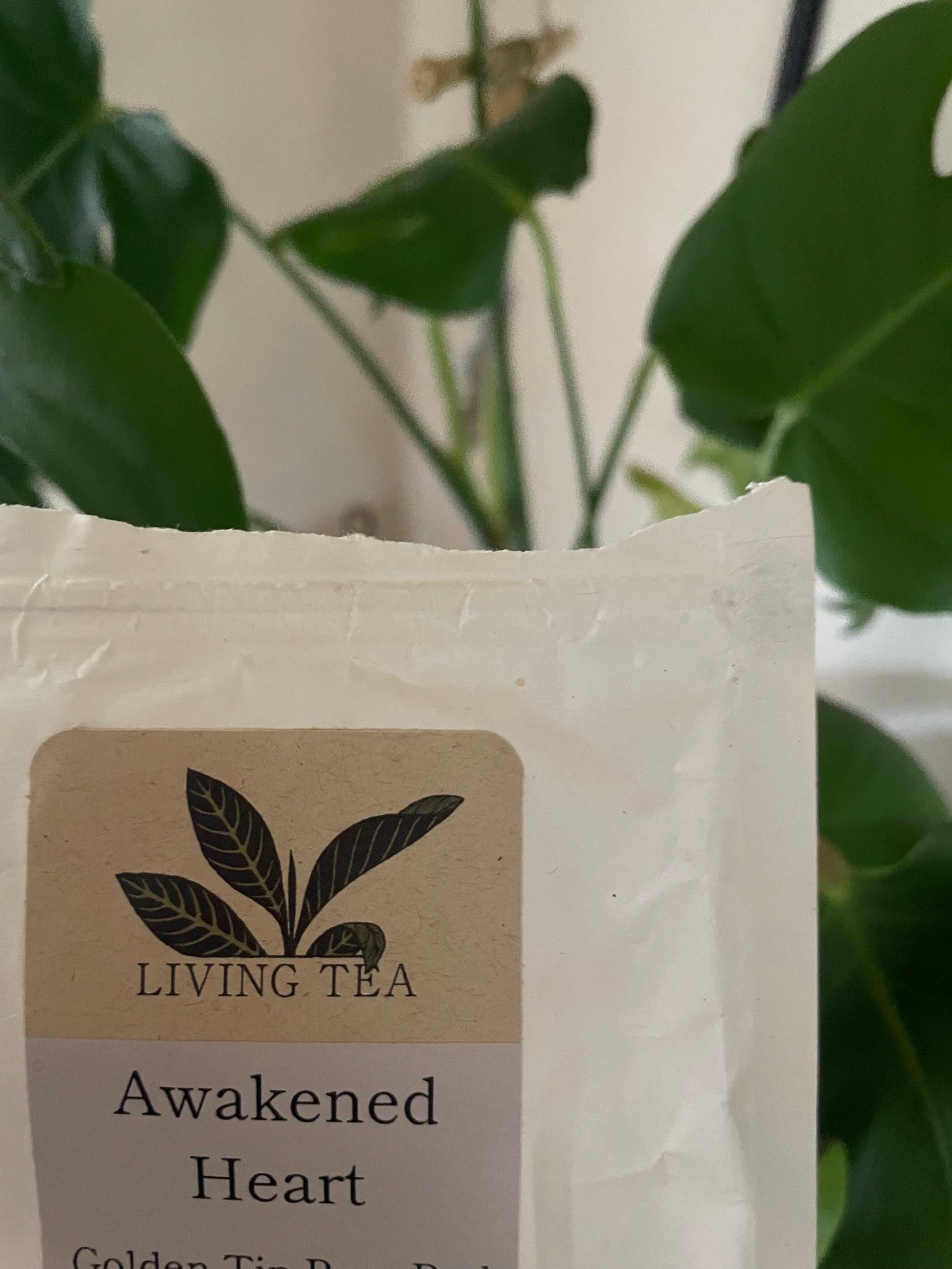The voice of my inner critic
Somedays the voice of my inner critic is the loudest one I hear. It drowns out the parts of me that are hopeful, confident, brave, and grounded. It squashes my excitement and desire. It overshadows my dreams. It stomps on my creativity.
I know the role of my inner critic is to protect me from emotional pain. It shows up to tell me all the reasons I am not enough. Then reminds me that what I am doing is not enough either. It’s an ugly loop.
The therapist in me knows this is a form of self-protection from the judgement of others. If the criticism is coming from within then the words of others will sting less. The intention of my inner critic is to be helpful. It comes from a place of caring.
The truth is my inner critic also blocks out softness. It mutes my ability to tap into my tender heart and be present. In these moments I have difficulty hearing the kindness and support of others. I begin to disconnect from myself when my inner critic shows up. Disconnection from self means disconnection from others.
There was a time when my inner critic was necessary to protect my loving heart. Now I want to let that voice know it’s okay. I am okay. I don’t need this protection anymore.
When perfection blocks vulnerability
Most days, I would never call myself a perfectionist. I adore the beauty of imperfections. I love the scars and stories each of us hold. I’m comfortable in the messiness of life.
Vulnerability can be both terrifying and deeply courageous. It can show up differently for each of us. There are times of feeling vulnerable when someone will say “it’s not a big deal.” My response is always “maybe not for you. However, it is for me.”
I often love and hate vulnerability in the same moment, yet I know the power of intentionally stepping into it.
In creating this Substack I am asking myself to be seen in ways I often hide. This is vulnerable. When I am connected to my heart I feel inspired and brave. It’s both exciting and scary. I allow the imperfections to be a part of the process. I challenge myself to see my humanness. To let others see it as well. I am finding my voice again, being present, allowing others in.
There are the days when my inner critic is relentless. Instead of offering myself loving encouragement, the critic rants about how awful my writing is (and everything else I do). It tells me I should be ashamed of my vulnerability. The critic says every error is a reminder of my failure as a human. It’s dramatic. I know.
Perfect doesn’t exist. Yet my critic fears imperfection. It feels too dangerous. People can be cruel. The critic desires to protect.
Being vulnerable connects me to my true self. This is a lesson I’m learning repeatedly. When I let perfection block my vulnerability I freeze, I withdraw, I disappear. There is no longer space for me.
The antidote to perfectionism is vulnerability.
What I am learning about my inner critic
My inner critic often shows up when I am stretching myself to the brink of exhaustion. I spent the first few decades of my life believing I needed to hold it all. This is my habitual response to navigating intense stress. My critic becomes the gruff coach who is growling at me to do more. In response I pile on more pressure and withdraw further from myself.
In this space of imbalance I am only focused on enduring. I start disconnecting from my joy. I lose sight of what I need. My mind overpowers my heart. I become a task-oriented machine.
Yes, it feels as awful as it sounds.
My mantra: I am not a robot.
My inner critic believes vulnerability, especially creative vulnerability, must be protected against when I am already feeling like I am not doing enough. This is protection that is no longer serving me. It is time to help the inner critic rest.
The medicine
My lesson is (always) to slow down, listen to my wants and needs, make time for rest, and open more room for creativity. My inner critic rests when I do. Connecting to my heart is a space that offers me freedom to be messy and honor the imperfections within. This is a state of beauty. Vulnerability can still feel terrifying, yet it’s not debilitating when my critic is quiet.
Slowing down is learning to say “no” or “not right now.” It’s taking a salt bath instead of rushing to do 4 loads of laundry.
My wants and needs are often linked to time in nature, creative exploration, learning something new, dreaming. They change with the season and time of day.
Rest, for me, is the absence of obligation and expectations. This can be time in the kitchen, making a giant pot of Magic Mineral Broth, curled up on the couch with a book and blanket, or a walk through the forest.
Creativity is tied to exploration, curiosity, and wonder.
The other morning while writing in my journal, I asked my inner critic “what would you do if you didn’t need to protect me?’ As I wrote, I saw this image of an older version of myself leaning back in a chair, feet on the desk, and smoking a symbolic fat cigar. The image arrived with a feeling of softness in my heart while my eyes filled with tears. I realized she simply wants to sit back say “you’ve got this and I’m proud of you.”
To consider
It can be useful to sit down with a cup of tea, or other delightful beverage, and explore the questions below. Free-writes are always useful, but never required. There is something about the act of writing it out that connects us to what is true.
What does the term vulnerability mean to you?
How does being vulnerable feel?
When does it feel safe to be vulnerable?
When does your inner critic appear?
What does your inner critic want to protect you from?
What would your inner critic do if it wasn’t needing to protect?
What soothes your inner critic?
What I’m reading
The Electricity of Every Living Thing: A Women’s Walk in the Wild to Find Her Way Home by Katherine May
What it Takes to Heal by Prentis Hemphill
You Better be Lightening by Andrea Gibson
Find me on Instagram here






